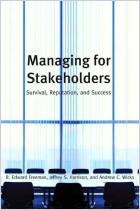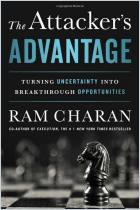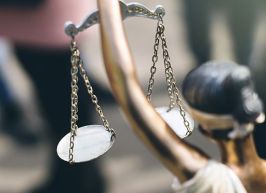加入 getAbstract 阅读摘要

加入 getAbstract 阅读摘要
Mark R. Kennedy
Shapeholders
Business Success in the Age of Activism
Columbia UP, 2017
看看什么内容?
“Shapeholders” wield the power to throw your company off course, so you need an engagement strategy.
Recommendation
The power that “shapeholders” – activist groups, politicians, thought leaders, regulators, media, influencers and opinion leaders – have to affect your business is rising, yet many executives remain blind to the consequences of their influence. They focus instead on producing profits for the benefit of shareholders and stakeholders. Former US congressman Mark R. Kennedy, now president of the University of North Dakota, explains that this leaves organizations vulnerable to attack. He demonstrates that shapeholders gauge their success by how they can change corporate behavior to conform to their agendas. They advocate on behalf of society’s growing expectation that companies should make the world a better place. Kennedy provides a seven-step strategy to address the full spectrum of shapeholder expectations and demands. Although his book is somewhat verbose, getAbstract recommends Kennedy’s scholarly, well-organized text as advice from a deeply informed veteran of shapeholder battlefields.
Summary
About the Author
President of the University of North Dakota Mark R. Kennedy is a former US congressman from Minnesota and a former presidential trade adviser to George W. Bush and Barack Obama.
























Comment on this summary